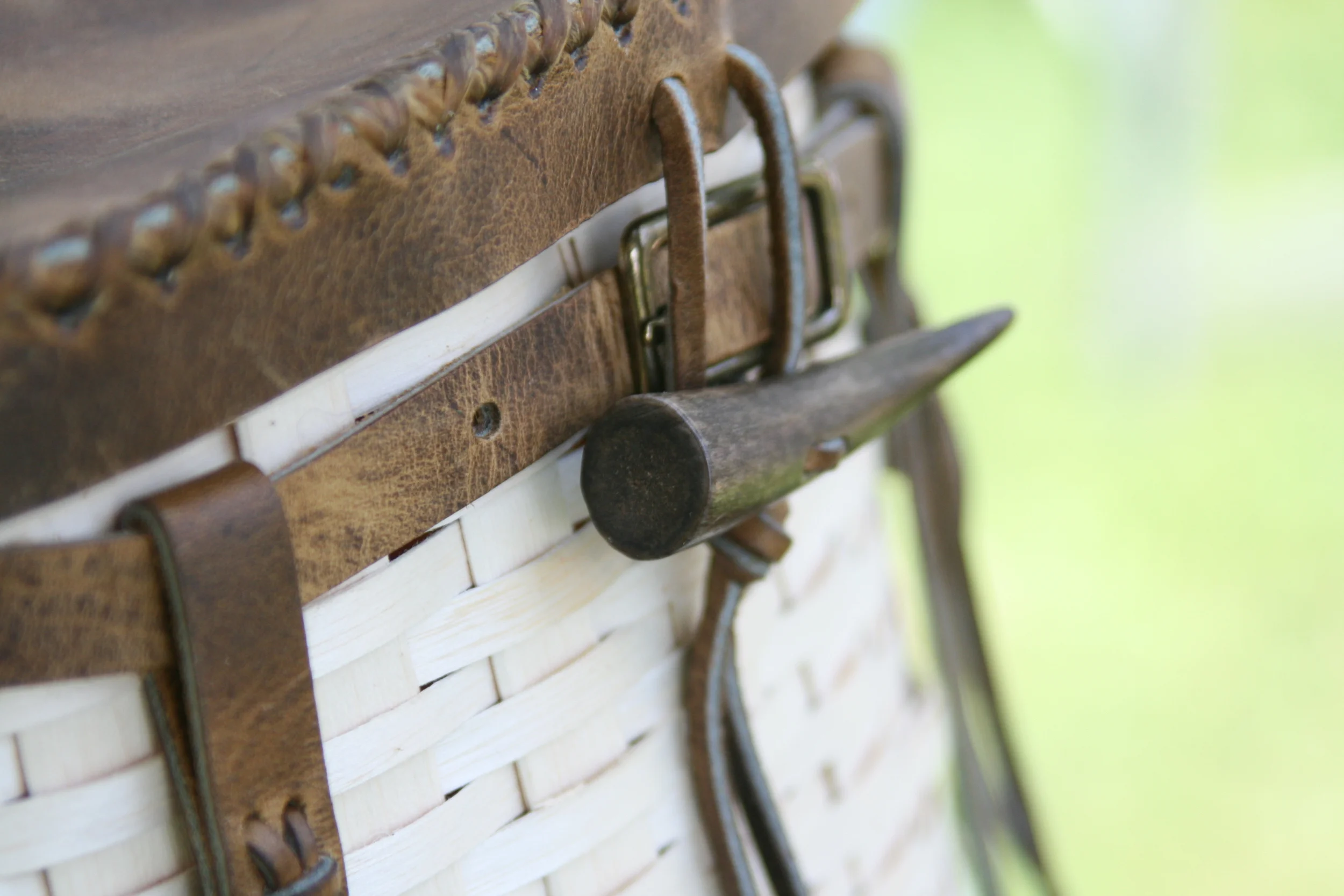Indigenous Peoples' Day
/Indigenous Peoples' Day has been picking up steam the past few months as the city of Los Angeles adopted the holiday and, more locally, Bangor, Orono, Portland, and Brunswick all made the switch (Belfast did so back in 2015). So what is Indigenous Peoples' Day? It's a holiday to honor and celebrate Indigenous peoples and cultures of this continent. At its infancy, the holiday began as a counter-celebration to Columbus Day, observed on the second Monday in October to commemorate the arrival of Christopher Columbus in the Americas. As it has grown and been adopted by many localities, the day has turned into a celebration of Native history and culture in the Americas.
You might be asking though, why? For the past 525 years, Native Americans have been adapting to and resisting the legacy of Columbus and colonization in our homelands. The consequences of Columbus’ arrival and his attitude and dealings with Indigenous people set in motion the foundation of the Atlantic slave trade, state-sanctioned theft, and genocide. Colonization is a violent and deliberate process of appropriating land and resources to secure wealth and power over an area of land.
Colonization is also an on-going process; celebrations of Columbus only exacerbate the colonial realities in which we live. What do we celebrate when we celebrate Columbus Day? We celebrate the deaths he caused, we celebrate colonization, and we celebrate slavery. Are these things worthy of celebration? Certainly not, as conscious citizens, it is vital to be critical and engaged in the reality of colonial celebrations that further serve a colonial purpose of re-telling history so that it is more palatable for the masses. Indigenous Peoples' Day is a way for people to become engaged in issues that affect Native communities and learn directly from those in Indian country about history, culture, and contemporary issues.
At the Abbe, we will be hosting an impressive amount of programming to celebrate Indigenous history and culture in Maine. We are pleased to have John Dennis, Mi’kmaq, with us for the day on Monday, October 9th. He will host a hand drumming session on our front patio to kick off the celebrations, welcoming all people into our museum spaces. Later John will host a storytelling hour where he will share traditional Wabanaki stories inside the Museum. Throughout the day we will have plenty of opportunities for families to learn and have fun whether on a free People of the First Light Tour or in our Learning Lab where we will have crafts, educational touch tables, and other engaging activities. We look forward to seeing you at our downtown location on October 9th!
Starr Kelly is the Curator of Education at the Abbe Museum. She is a member of the Algonquin First Nation of Kitigan Zibi Anishinabeg in Quebec, and has worked as a middle and high school social studies teacher and is a social justice oriented educator, developing what she refers to as a "curriculum for dignity." Her lessons and pedagogical approach put theory into practice by honoring those she teaches about while simultaneously creating an environment which is responsive to the needs of her learners and dignifies her students' lived experiences.







